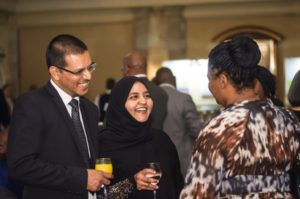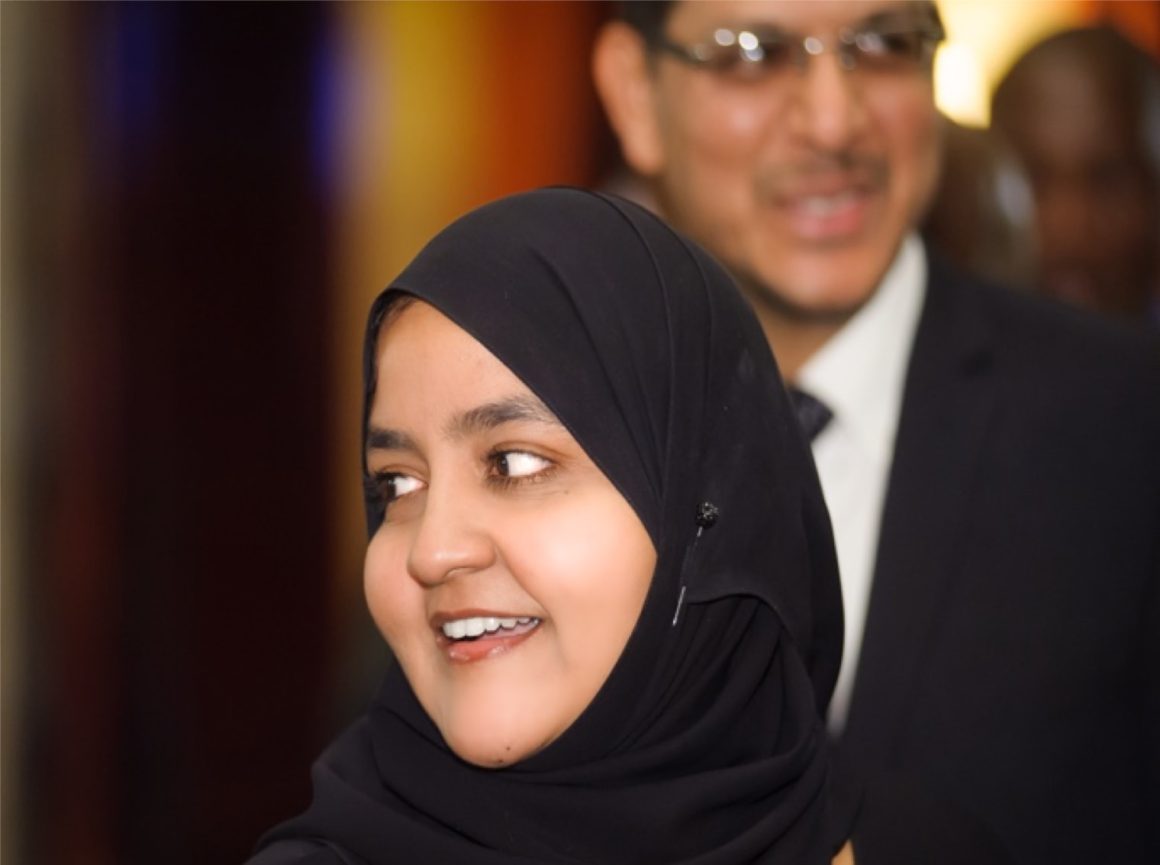1. Tell us about yourself, what do you do in health?
I hold a Master’s in Business Administration (MBA) as well as a master’s Degree in Population Studies and a Bachelor of Psychology degree (including honors). I completed the Advanced Health Management Programme (cum laude) – a co-certified course between the School of Public Health, Yale University and the Foundation for Professional Development.
I am currently the Director for the Partnership Framework Implementation Plan (PFIP) at the South African National Department of Health. My Unit manages the bilateral agreement between the South African Government (SAG) and the United States Government (USG) largely under the umbrella of PEPFAR. My primary responsibilities include liaison between both countries to ensure that the objectives of the partnership are met.
I am responsible for providing management and leadership to the PFIP Steering Committee (Chaired by the South African Minister of Health and the US Ambassador) work streams and facilitating integrated planning between NDOH and provincial DOH for the alignment of PFIP implementation. I am also responsible for maintaining systems for managing information about PEPFAR support including human resources, service delivery and mapping; as well as providing guidance for transitioning of PEPFAR supported staff and programmes to the South African government support.
2. What are you most proud of?
I am most proud of my parents who had the foresight to allow me to study and be the person I am today. I broke many unwritten rules in our family in terms of being the first grandchild to go to university, traveling abroad on my own, and experiencing things that usually are left for the men in conservative Muslim families. Through all of this, I have maintained my identity as a Muslim woman.
3. Which one thing do you wish you’d done differently?
I wish I had taken a gap year after my undergraduate degree that would have allowed me a more interesting experience during my first master’s degree. However, I made up for this whilst completing my MBA. I think as one grows older and experiences life, the experience of studying and making a meaningful contribution to the body of knowledge in your field of study increases.
 4. What are some of biggest challenges you have faced? How did you overcome them? What are some of the lessons learned?
4. What are some of biggest challenges you have faced? How did you overcome them? What are some of the lessons learned?
One of the biggest challenges I have faced in my career is to deal with difficult people including some of my managers. I believe that people are different, management and leadership styles are different, and we need to realize this and understand that no two people will be the same.
I managed this by taking time to understand people and then simply approaching them about something I was not happy about bearing in mind their personalities. I am also someone who thinks through things carefully before acting or speaking about it. This has greatly helped me in maintaining my composure in difficult situations.
I also believe that we are all equal and we should be treated as such. I keep being reminded by my Dad that if you are wrong, then you need to take responsibility, however, if you are right then you need to stand up for yourself – I have done this many times, some successfully and some disastrously, however, I shall continue to do this as for me this is me respecting myself as an individual. I also believe that in some situations you need to teach people how to treat you.
I have done this many times and have not regretted it. We are all human beings first before we climb ladders in other roles that we fulfill on this planet.
5. What are some of the opportunities you see for women in health on the African continent?
There are phenomenal opportunities for women on the African continent in terms of health. There is so much research and development currently taking place in the Continent, with women at the forefront. Women’s perspectives are required in policy development and implementation, in education, across all sectors in South Africa. I believe that we as women need to take that step forward and move beyond some of the inhibitive norms and values that have been inculcated in us from time immemorial. All women should know that it is ok to have a family and a career!
6. What advice do you have for other women in health?
Go forth and conquer! Realize your potential and use that potential to advance health on the Continent. You are needed to improve health on this continent and make it easier to access health care – this is a shared responsibility, including us women. We have a vast amount of potential if we can collectively tap into this rich reservoir and continue to move forward to advance women’s agenda on the continent.
Remember that we shall always face challenges on this path called life. No one said it would be easy, however, you have the choice to enjoy the ride or be miserable. I challenge you to take the plunge and give it your all! You will be pleasantly surprised with the results.
“If you’re offered a seat on a rocket ship, don’t ask what seat! Just get on.” Sheryl Sandberg.


Leave a Reply